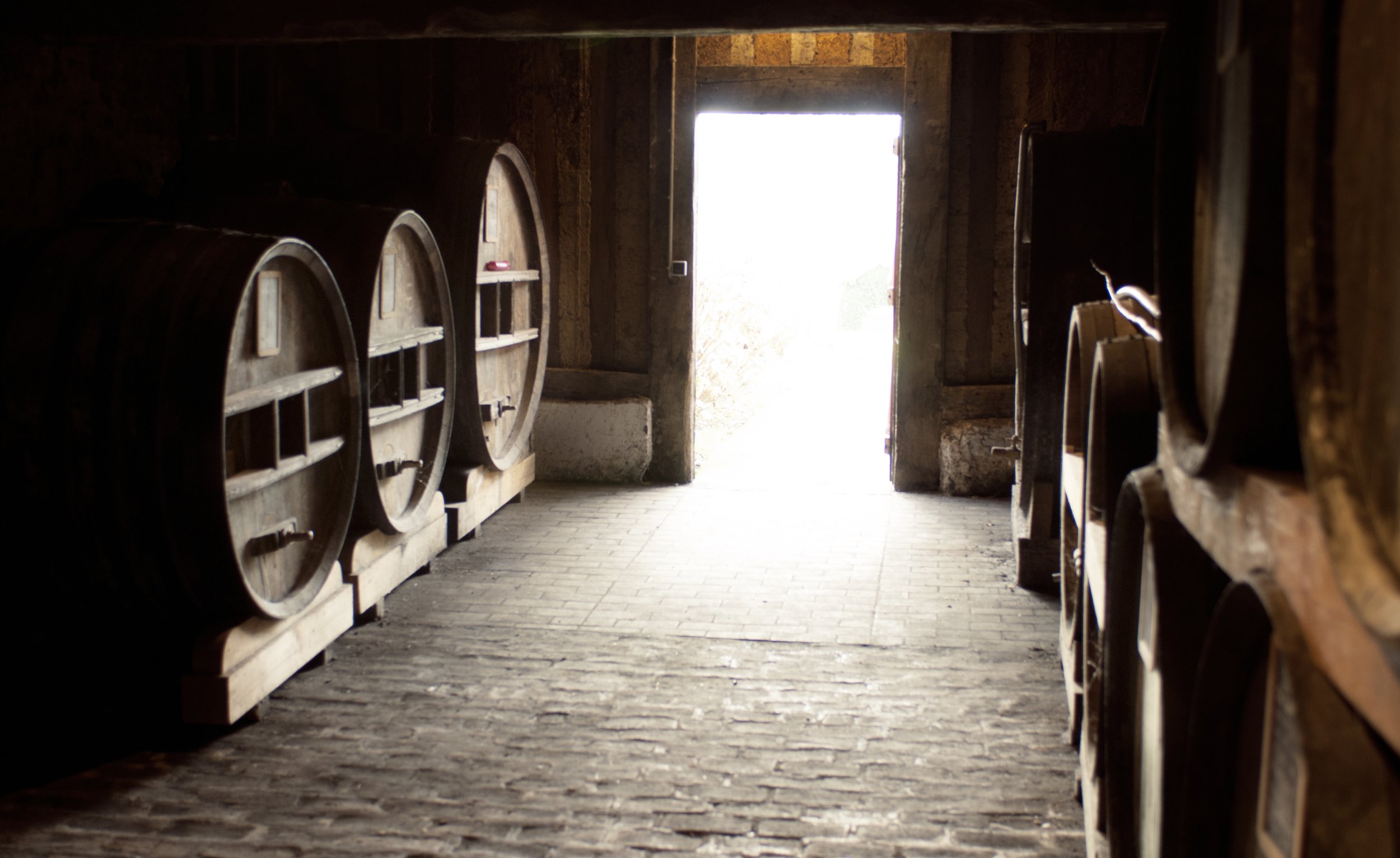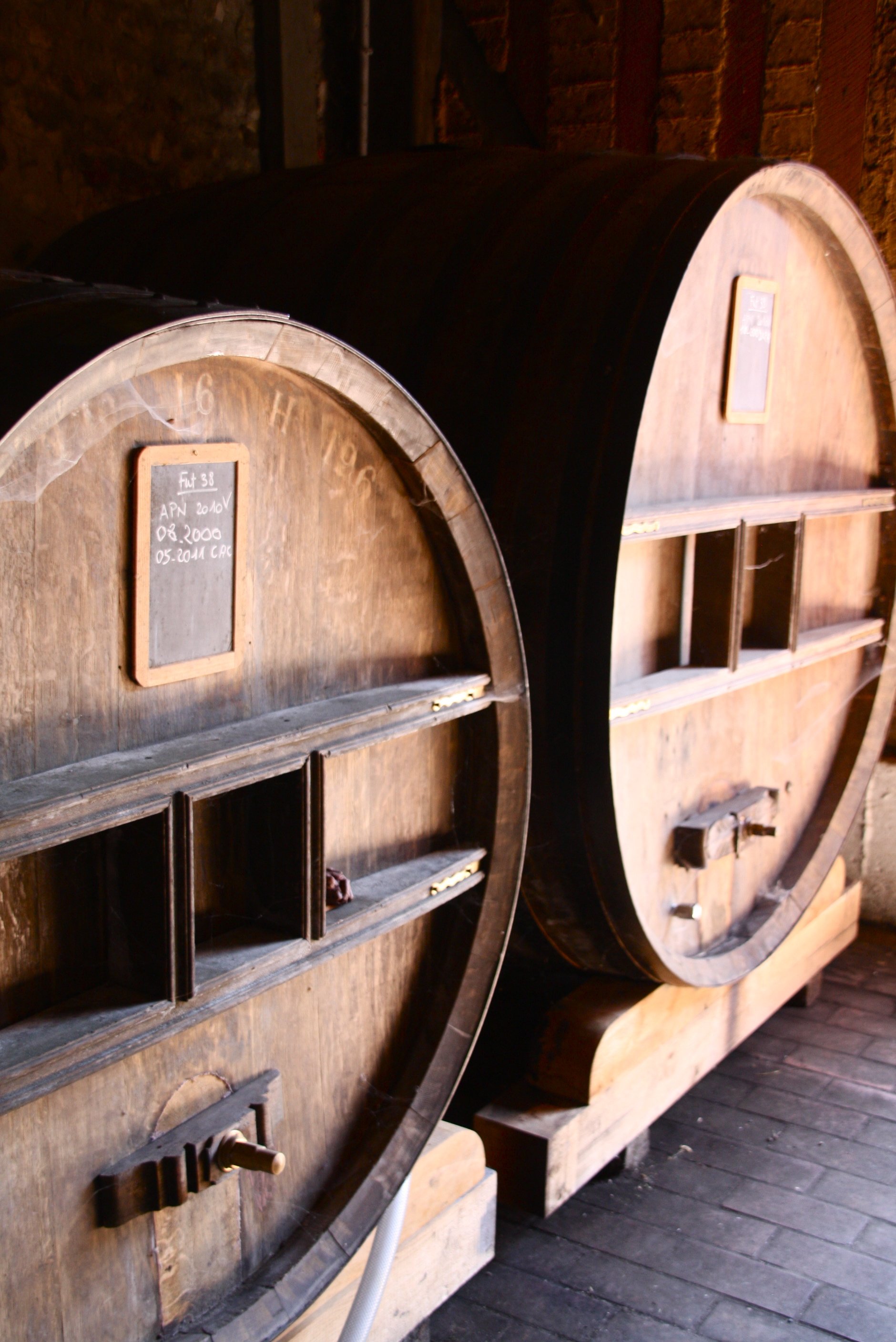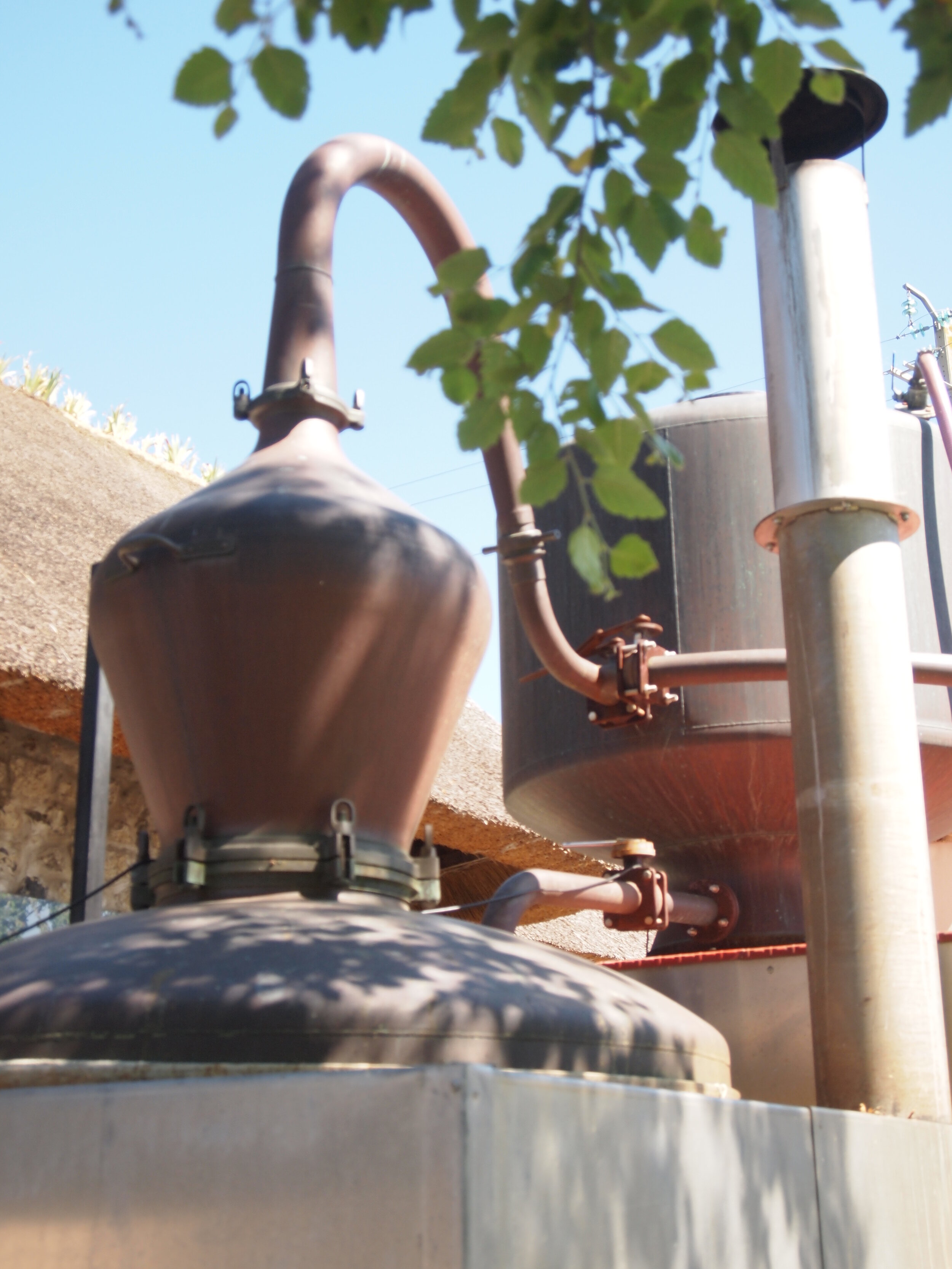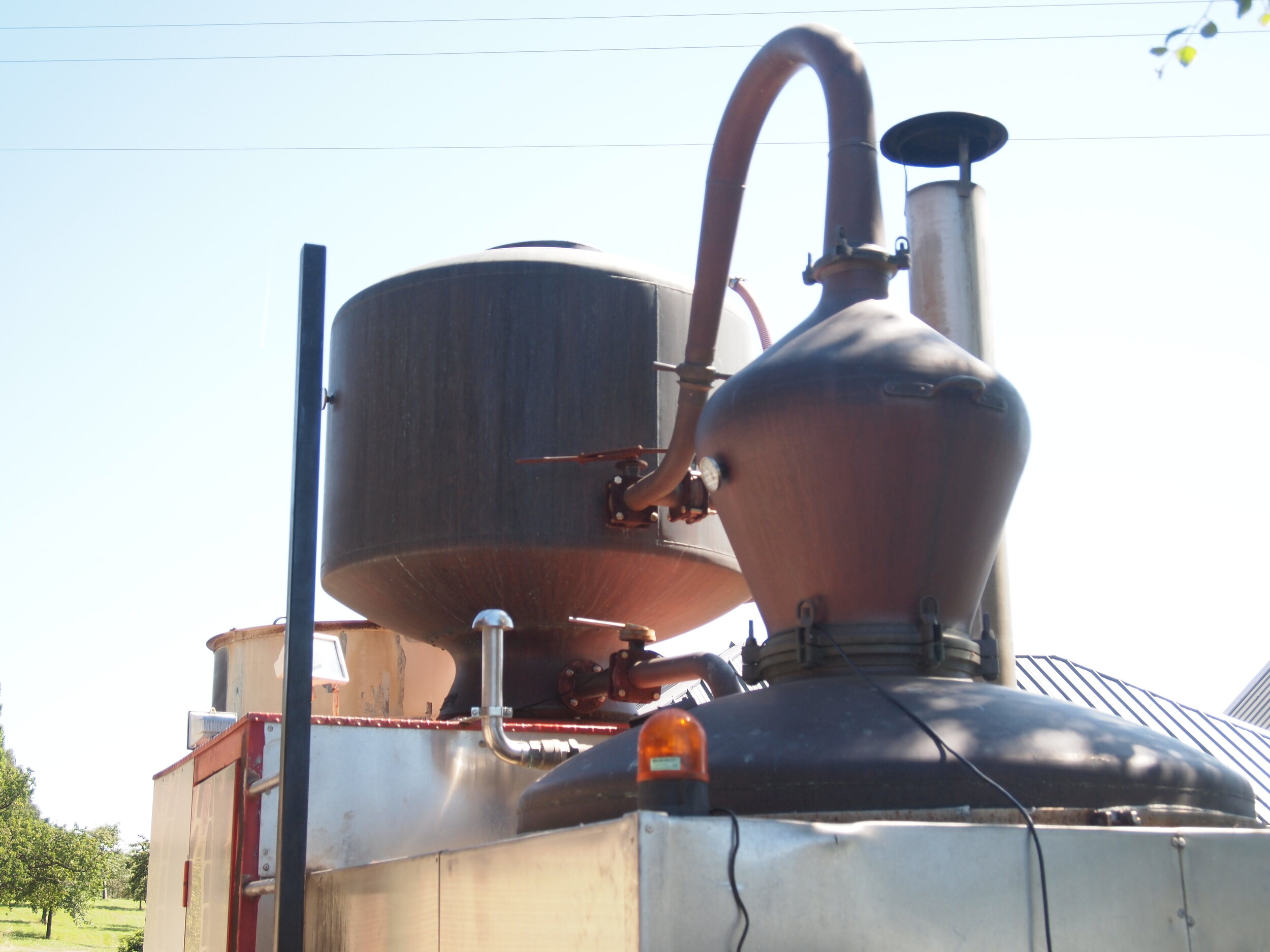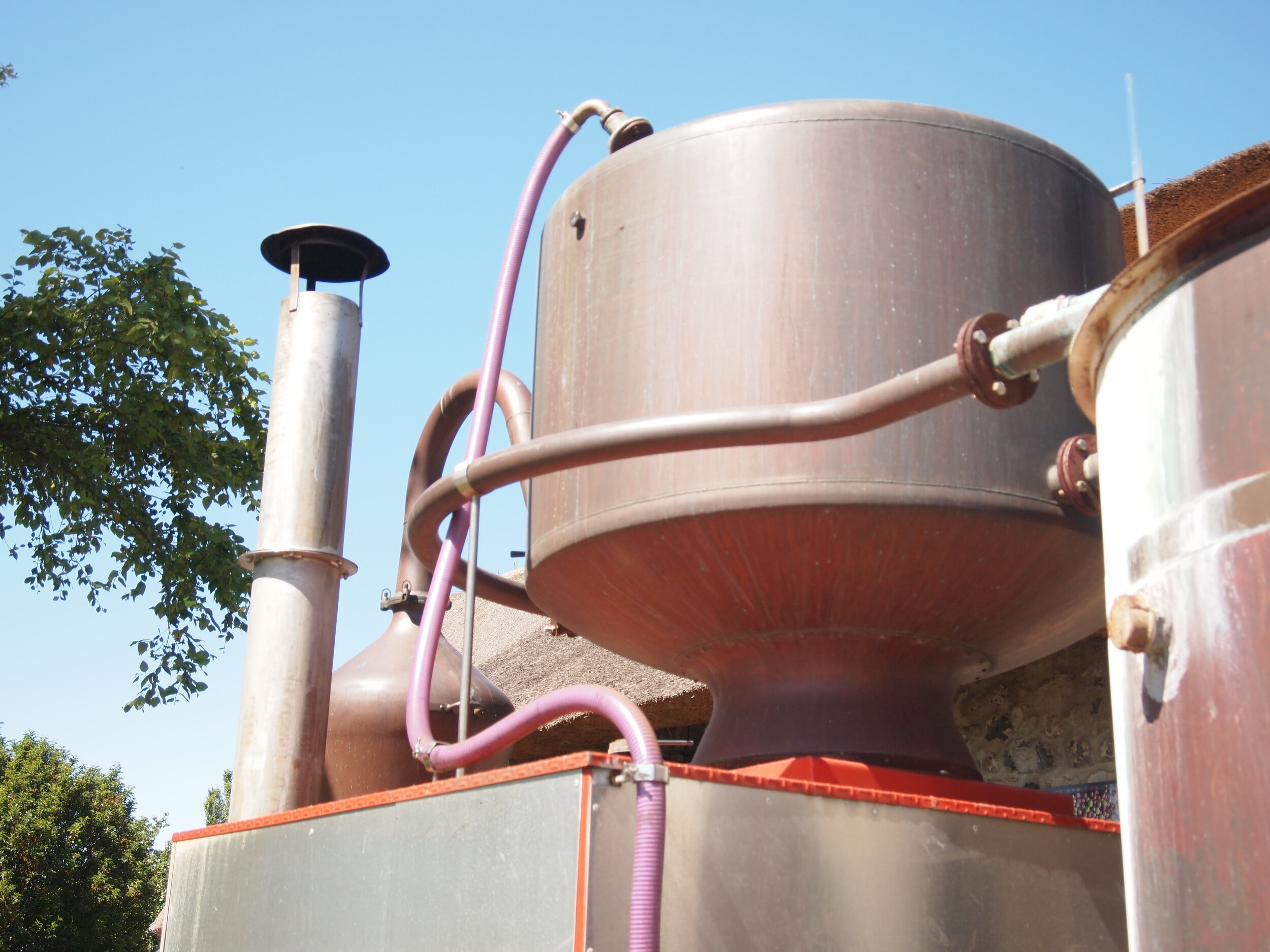
The work of the cellar master is essential in order to give our Calvados their character and authenticity. She will, all along the ageing process, choose the barrels like painters choose their colours and proceed to blending different casks together so as to associate the different qualities of each of our Calvados.
In order to become Pays d'Auge Calvados, our ciders go through a double distillation according to the traditionnal methods of the Pays d'Auge. The cider brandy follows the swan's neck of the pot still and slowly flows into oak barrels where it will peacefully start it's ageing.
Depending on their ageing, our Pays d'Auge Calvados are kept in barrels that have more or less tannins. The oak's tannins will give the Calvados their warm, golden then amber colour, and complement their aromatic bouquet. The quality and character of the barrels play a fundamental role in the evolution of our Calvados. They are carefully selected for each stage according to their origin, age, history and the quality of the oak they are made of. The oak barrels are responsible for passing onto the Calvados its beautiful range of aromas :
Range of aromas :
Oaky notes : Leather, tobacco, toasted bread, toasted walnut, brioche, butter, dark chocolate, liquorice, vanilla buds, caramel, honey, oak.
Spicy notes : Clove, aniseed, nutmeg, cinnamon, coffee, fennel, pepper, tea, balsamic.
Fruity notes : pear, lemon, peach, dried apricot, fresh almonds, hazelnut, walnut, dried raisins, citrus fruit, candied fruit, chestnut.
Apple notes : fresh apple, crisp apple, sweet apple, sour apple, baked apple, candied apple, dried apple, apple pie, tarte tatin.
Floral notes : Violet, rose, lilac, iris, honeysuckle, jasmine, hyacinth, orange blossom.
During the ageing process, alcohol evaporation will naturally occur. This phenomenon is called the angels' share. This natural oxygenation of Calvados in barrels is what contributes to the quality of the ageing and to it's aromatic expression. This natural evaporation allows us to limit the amount of distilled water that will be added and as a consequence it allows us to make old Calvados with a high aromatic concentration. For the Calvados that are destined to stay young, the apple aromas must be preserved without being hidden by the tannins given by the oak.
From distillation up until bottling, Calvados evolves thanks to the contact with the tannins from the oak. Ageing stops as soon as it is bottled. Our range is defined according to the time spent in oak barrels and each of our Calvados is aged in a specific manner that defines each product.
A bit of history :
It was in 1942 that Calvados became recognised as an A.O.C. « Appellation d'Origine Contrôlée ». Since then, Calvados Pays d'Auge has been a protected name that is only granted when strict rules of production are respected.

